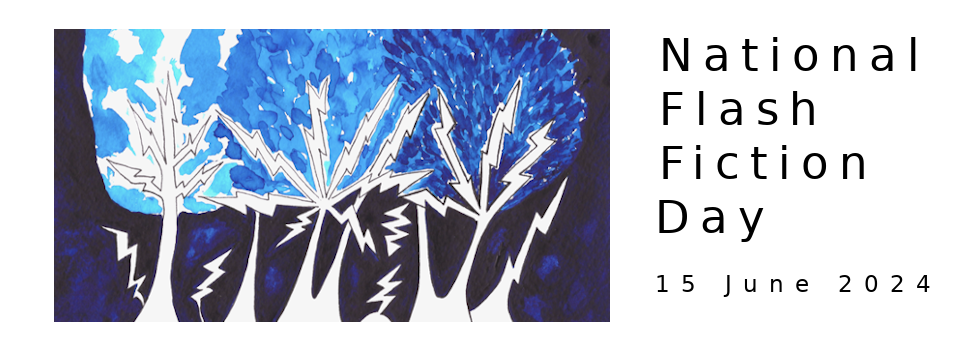Month: June 2013
Editing the Flood – Shirley Golden
The Team are:
Calum Kerr
Caroline Kelly
Cassandra Parkin
Nettie Thomson
Susan Howe
Susi Holliday
Shirley Golden
The Shapes in the Yarrow – Tim Stevenson
‘The Almond Crumb Sofa’ – Tim Stevenson
Learn more about Tim at www.timjstevenson.com
The Countdown has Begun…
We now have only just over a week to go until this year's National Flash-Fiction Day. Can you feel the excitement in the air? We can almost taste it...
Once more, we are running the FlashFlood journal and submissions are now open over at http://flashfloodjournal.blogspot.co.uk/.
We also have events listed on our website that you can get involved with: http://host2021.temp.domains/~nationo0/events.html.
To whet your appetite for the day, (and, frankly, to ramp up the tension), over the next week we're going to be posting a series of articles about flash-fiction from a variety of different writers. We'll also feature one of their stories, just to give you some relief from that horrible non-fictiony stuff.
If you would like to contribute an article and story, please get in touch at nationalflashfictionday@gmail.com.
But, with no further ado, let's on with the first one, from this year's Micro-Fiction competition winner, Tim Stevenson.
NFFD Anthology 2013
Hello everyone!
Well, it has been very, very difficult to make a decision, but Holly Howitt and myself finally managed to whittle down the nearly 300 submissions for this year's anthology to the final 50.
With no more fanfare, the names and stories are:


